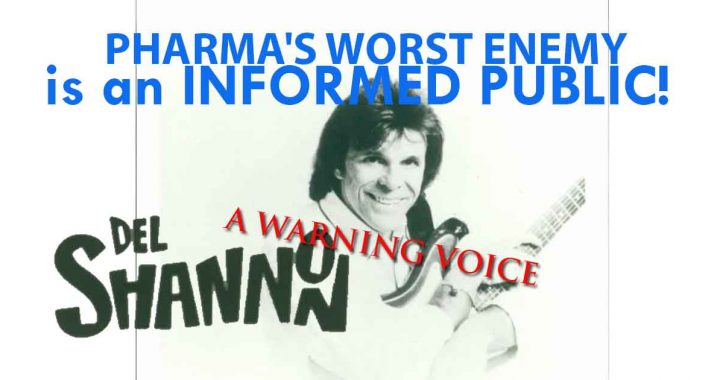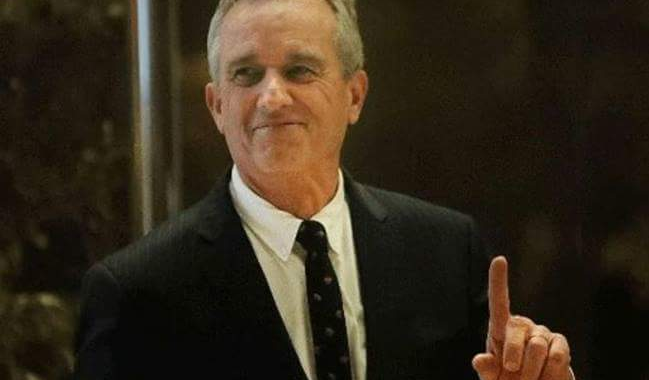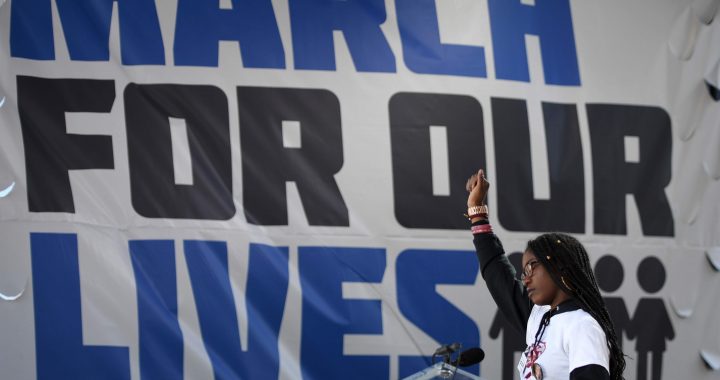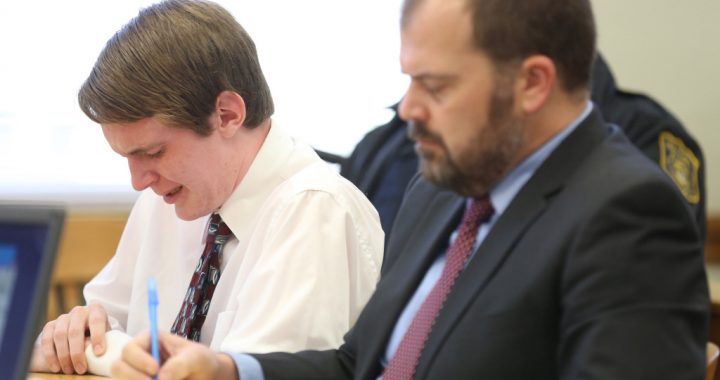Paragraphs two and three read: “Chanice Ward, 29, died in April after taking a cocktail of painkillers andantidepressants in her Barford caravan, but yesterday greater Norfolk coroner William Armstrong said he could not be certain she committed suicide.”
“Her father maintains a belief that Miss Ward took her own life because she was suffering from post traumatic stress disorder bought on by her years in the army, and has now vowed to continue with the fight for recognition she began before she died.”
Uncertainty over overdose death
Chanice Ward.
REBECCA GOUGH
27 August 2009 07:35
A coroner has ruled that a young woman who was discharged from the army against her will and who died of an overdose earlier this year may not have deliberately taken her own life.
Chanice Ward, 29, died in April after taking a cocktail of painkillers and antidepressants in her Barford caravan, but yesterday greater Norfolk coroner William Armstrong said he could not be certain she committed suicide.
Her father maintains a belief that Miss Ward took her own life because she was suffering from post traumatic stress disorder bought on by her years in the army, and has now vowed to continue with the fight for recognition she began before she died.
The inquest heard how Miss Ward, who was pursuing a case for compensation with the Service Personnel and Veterans Agency, had a history of depression and died as a result of a “self-administered overdose”.
Mr Ward, 57, who served 22 years in the army, said: “I know this inquest could not appoint blame but I’m certainly of the opinion that her time in the military and in active service worsened her state of mind. We have a case going on with the MoD and will be continuing her cause.”
For the last five years Miss Ward, of Barford, near Hethersett, had been working at Norwich Union in Surrey Street, Norwich and was a PA in the pensions department.
Since the age of 18 she had served six years in the Royal Medical Corps as a combat medic and ambulance technician, from 1997 to 2003, and won award medals from Bosnia and Kosovo.
She was found dead in the caravan she rented in Barford on April 3, but speaking at her inquest, her family and friends said they were shocked she had taken an overdose.
Her mother, Donna Holder, said her daughter was diagnosed with depression when she was a teenager but had appeared much happier in recent months.
Ms Holder said: “It was a very great shock because she was so well and had so many future plans and so much to look forward to.”
Mr Ward added that he had taken a phone call from his daughter a few weeks before she died, and said: “She said to me ‘I don’t think I’ve got long left to live’, and I said she was being silly but I knew deep down that she knew it.
“In the last six months she appeared tremendously upbeat but there was something underlying. She always appeared on the surface to be putting on a front but you never knew underneath what was going on.”
Her close friend Stanley Woodhouse was with her the weekend before she died and said: “I think I probably spent more time with her in the last few months of her life than anybody did.
“She thought the medication she was on had solved a lot of her problems but, as her father has said, we didn’t really know what was going on deep down. The feeling she gave to me was that she was upbeat about life.”
In an interview with our sister paper the Evening News earlier this year Ms Ward claimed she twice tried to kill herself but that her bosses would not accept she was suffering from an illness.
A MoD spokesman said: “Our thoughts are with the family of Chanice Ward at this difficult time.
“We take the welfare of all our service personnel and veterans seriously.
“We have made great progress both in the treatment of mental health problems and in reducing the stigma associated with seeking help.
“Treatment for mental health disorders, including post-traumatic stress, is also available for veterans through six community-based mental health pilot schemes the MoD has created with the NHS.”





PTSD should be treated clinically as a physical injury rather than pseudo-scientifically as a so called “mental health” problem.
http://veterans-uk.ws/topic/15/How_do_the_MoD_bury_PTSD